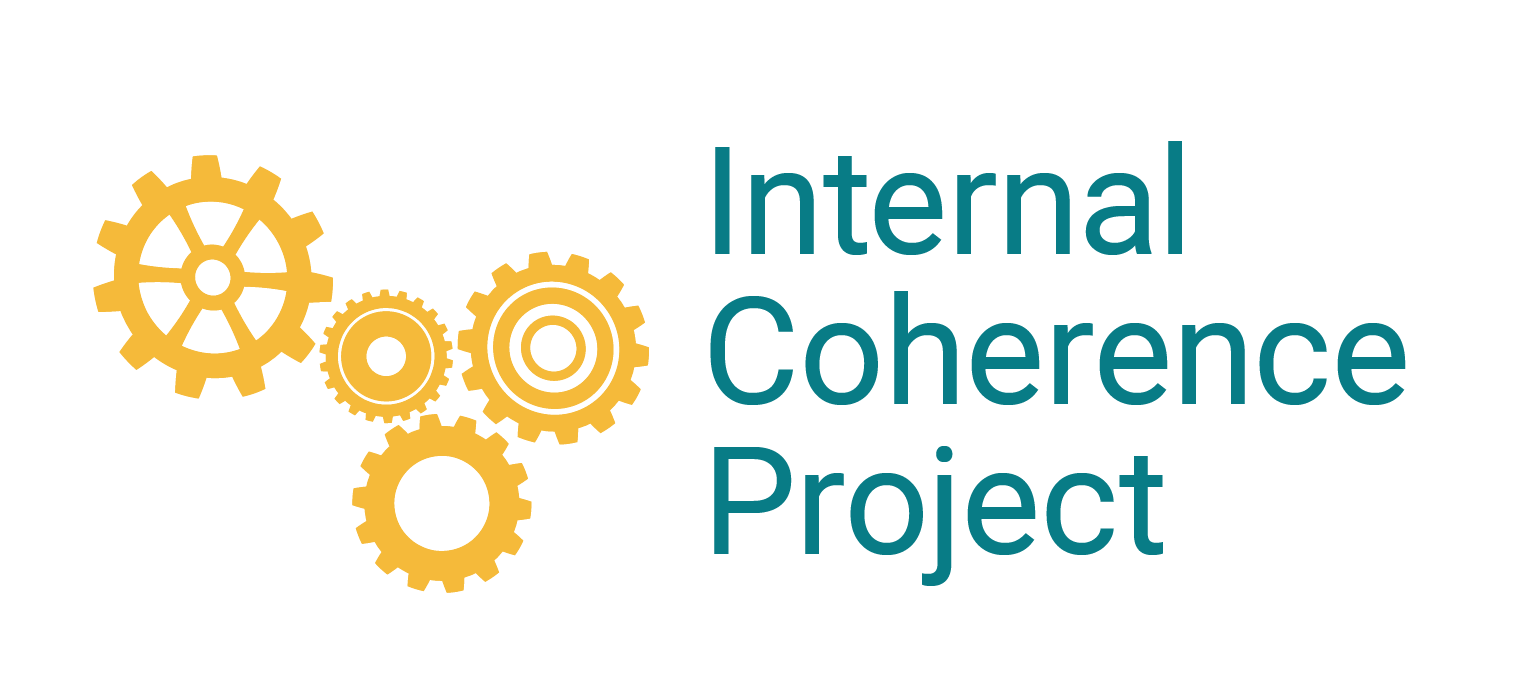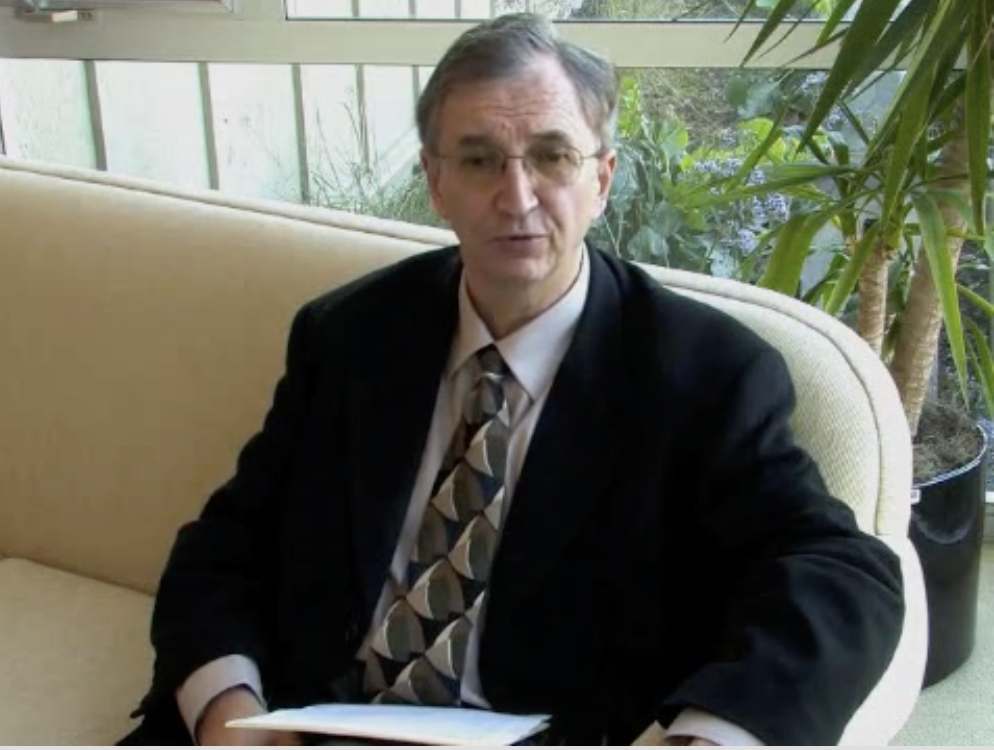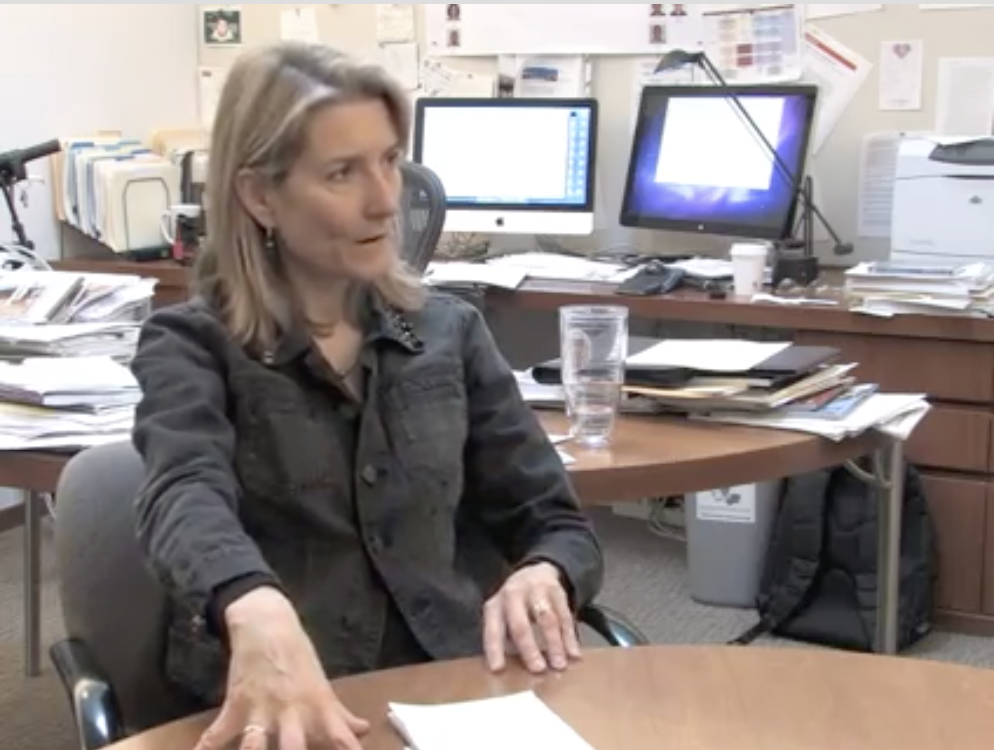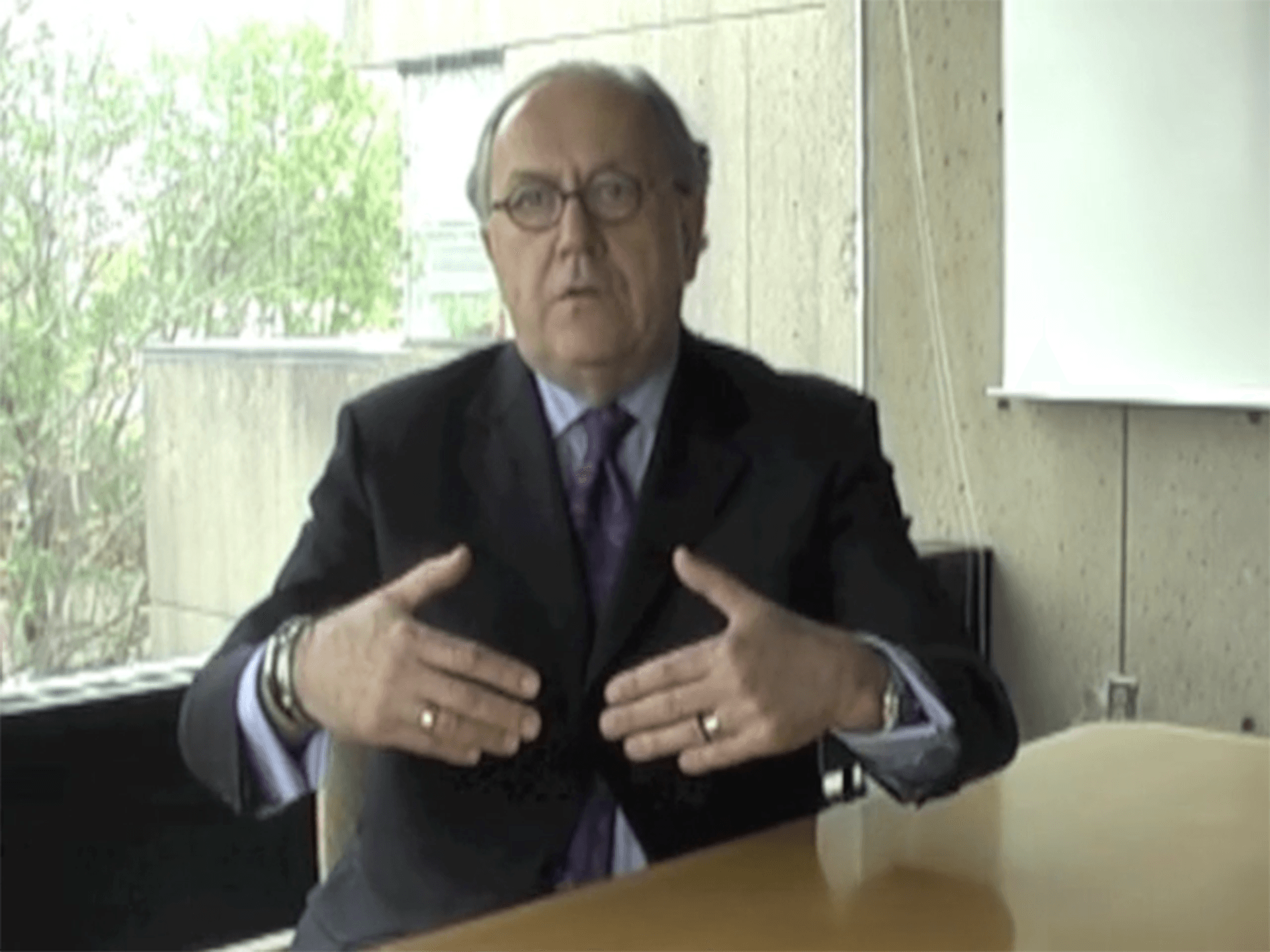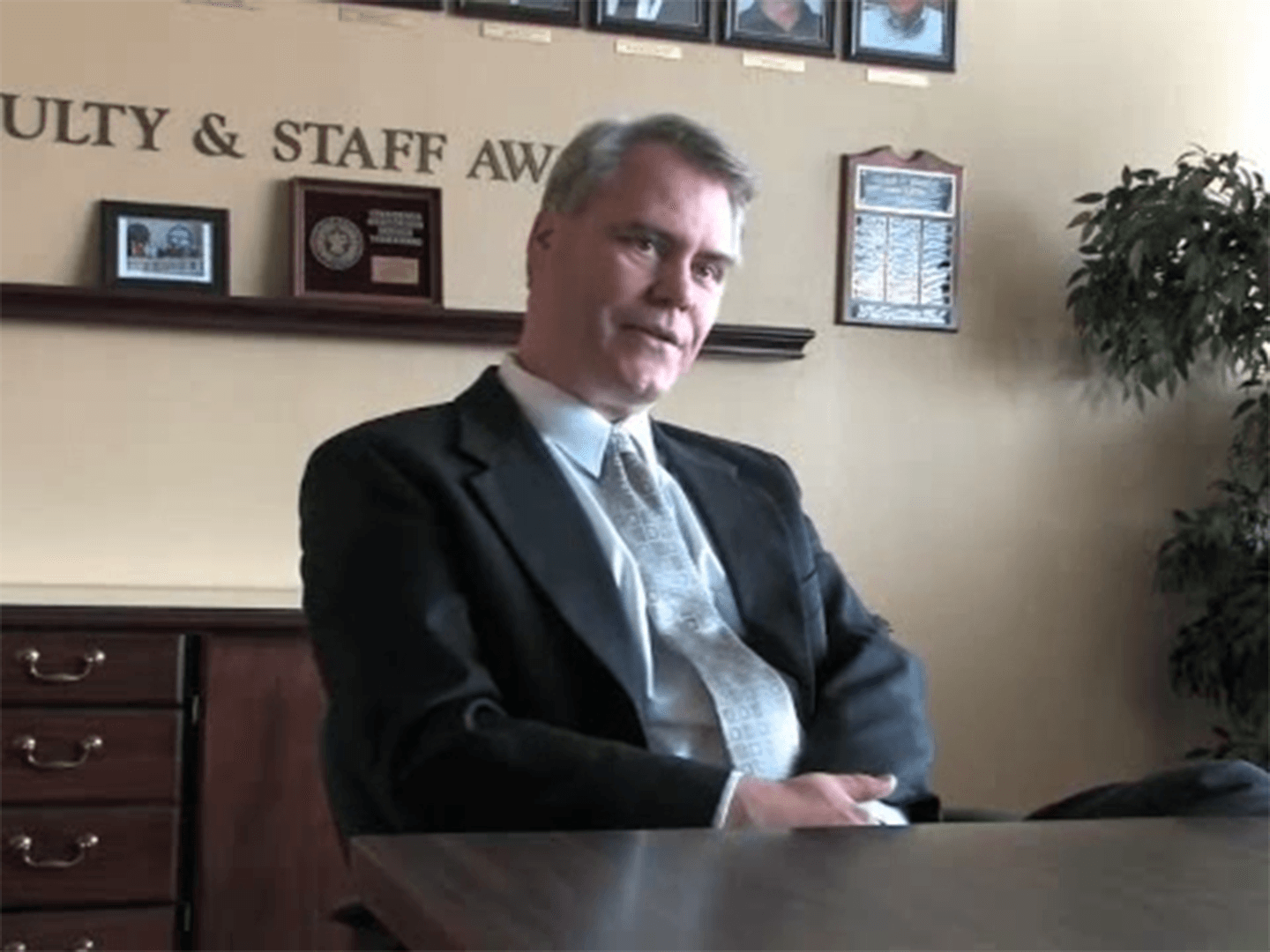Tony Bryk, Amy Edmondson, Richard Elmore, and Roger Goddard reflect on issues related to school improvement.
Anthony S. Bryk
Anthony S. Bryk is the ninth president of The Carnegie Foundation for the Advancement of Teaching. He held the Spencer Chair in Organizational Studies in the School of Education and the Graduate School of Business at Stanford University from 2004 until assuming Carnegie's presidency in September 2008. He came to Stanford from the University of Chicago where he was the Marshall Field IV Professor of Urban Education in the sociology department, and where he helped found the Center for Urban School Improvement, which supports reform efforts in the Chicago Public Schools. He also created the Consortium on Chicago School Research, a federation of research groups that have produced a range of studies to advance and assess urban school reform. His current research and practice interests focus on the organizational redesign of schools and school systems and the integration of technology into schooling to enhance teaching and learning.
Dr. Bryk's work in issues related to school improvement and the coherence of schools as organizations is among the most studied in the field. He was kind enough to offer his thoughts in an interview.
Some think of education as only what goes on between a teacher and students. What led you to look more broadly at the school as the organizational unit?
For some practitioners, it is hard to conceptualize what is meant by "data" when discussing schools (other than test scores). Will you help orient them?
When school organizations are seriously focused on issues of coherence and collective efficacy, is there still opportunity for innovation?
How might a teacher experience the changes you describe in his or her work, particularly when engaging with colleagues?
If we were looking through the eyes of students, how is school coherence or incoherence experienced?
Amy Edmondson
Amy C. Edmondson is the Novartis Professor of Leadership and Management at the Harvard Business School. Edmondson's research examines the social and psychological dimensions of leadership, learning and innovation in teams and organizations, and has been published in numerous academic and managerial articles. Her emphasis is on teaming – the activities of collaborative work across boundaries – rather than on teamwork in stable team structures. She is currently studying innovation in the context of the built environment, with a particular focus on projects developing eco-districts and sustainable cities.
Video clips 2-8 require a password to view. You may request access by writing mellinger@serpinstitute.org. Please include your connection to an educational institution and a brief description of your planned use of the media.
Please introduce us to some of your thinking about learning as an individual, as a team, and as an organization. Do they relate? How might these ideas relate to the work of a teacher?
What are some of the observations you have made about effective teams, the utility of processes, and the role of team-leader?
Help us understand some of your ideas about the role of failure. How is failure different from what you refer to as a blame-worthy event?
Please help us understand your phrase execution as learning. When is it beneficial to learn throughout the phases of work?
Richard Elmore
Richard Elmore joined the faculty of the Harvard Graduate School of Education in 1990, having previously taught at the College of Education, Michigan State University, and the Graduate School of Public Affairs, University of Washington. He is a member of the National Academy of Education, and a past president of the Association for Public Policy and Management, the national organization representing graduate programs in public policy and management. He has held positions in the federal government as a legislative liaison with the U.S. Congress on education policy issues. He is currently faculty co-chair of the Doctorate in Educational Leadership (Ed.L.D.) program at HGSE. His current research and clinical work focuses on building capacity for instructional improvement in low-performing schools. He spends at least a day a week in schools, working with teachers and administrators on instructional improvement.
What are some of the basic ways that schools as organizations struggle as they work to improve? Are there distinctions between individual and team commitments?
What is the significance of variability within a single school? What about this problem drew your interest? Does the high level of variability within American schools affect school reform efforts?
How might you address concerns of teachers about "outsiders" examining their schools closely? How are teachers' perceptions of the school typically reflected in your findings? How might your work lead to a more reflective education profession?
Help us understand the various types of data you use to provide schools with profiles? Are conversations about evidence helpful in making better decisions in education? What evidence might be important to consider alongside student test scores?
Roger Goddard
Roger D. Goddard is the Novice G. Fawcett Chair in Educational Administration and a Professor at The Ohio State University in the Department of Educational Studies. Professor Goddard’s research examines school leadership and its impact on instructional improvement and student learning. He also focuses on the meaning, measure, and impact of school climate, especially collective efficacy beliefs and social trust in groups. His most recent funded project involved leading the development of a new staff opinion survey for the State of Victoria in Australia, which is now used to provide reports for use in ongoing school improvement efforts to over 1500 schools across Victoria.
Professor Goddard’s interests include the social psychology of organization and leadership, with a special focus on educational measurement, research design, and methodology. Professor Goddard is also interested in the design of professional development programs for school leaders and whole school improvement approaches intended to improve instruction and student learning. His current work is aimed at understanding how to bring principals and teachers together in schools with the supports and skills necessary to improve instruction. Professor Goddard’s theoretical interests are in the areas of social cognitive theory and the sociology of education, both of which provide lenses through which he frames studies of school leadership and organization.
On Efficacy Beliefs:
Please introduce us to the notion that there is an important difference between "a bunch of good teachers" working in the same schools as opposed to collective efficacy.
How did you come to focus on efficacy beliefs in your work? What was the evolution of your thinking in how this relates to schools?
On Schools' Commitments to Change:
What are you noticing as helpful moves in regards to way in which school district utilize data that you are gathering? Who should be at the table?
One thing that the SERP's Internal Coherence work emphasizes is that school change is a developmental process rather than a turnaround event. Your thoughts on that idea?
On Leadership:
Could you please discuss some of the associated constructs, such as trust, that we do not include in the IC protocol and what they may provide schools?
The Internal Coherence Assessment and Protocol was developed by a team consisting of Richard Elmore, Michelle Forman, Elizabeth Leisy Stosich, and Candice Bocala.
If you are interested in learning more about how the Internal Coherence Project works with schools, school systems, and other education partners, please email Michelle Forman at mforman@serpinstitute.org.
